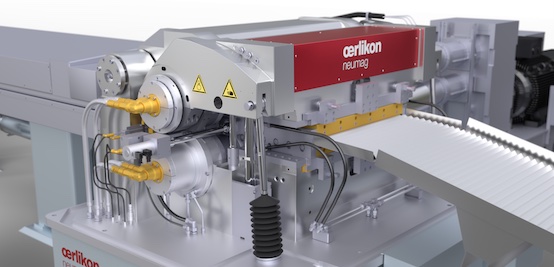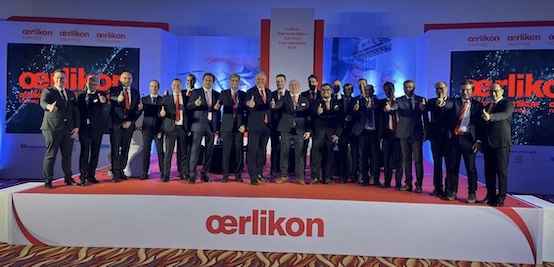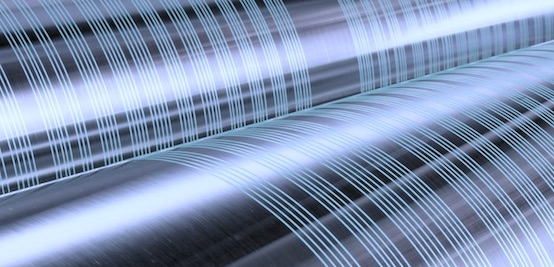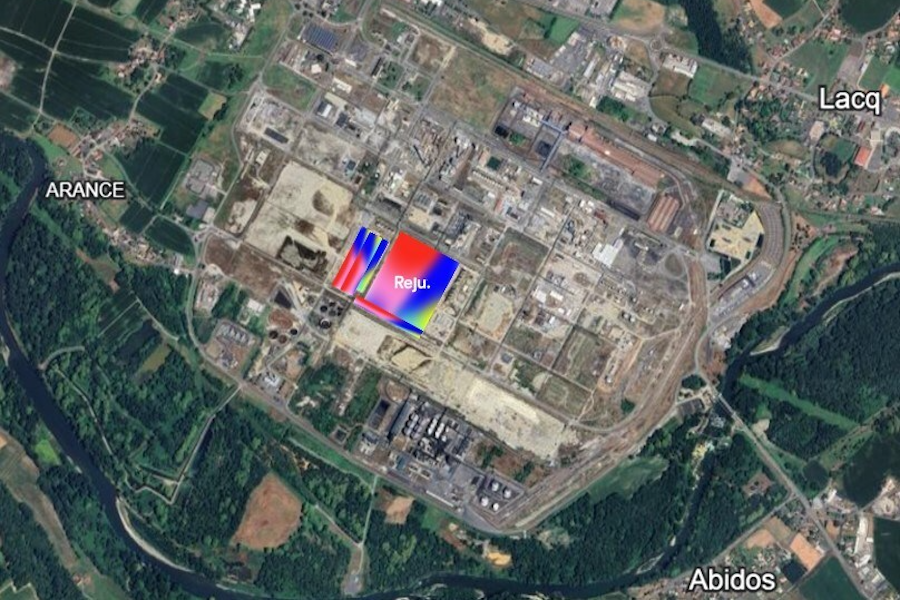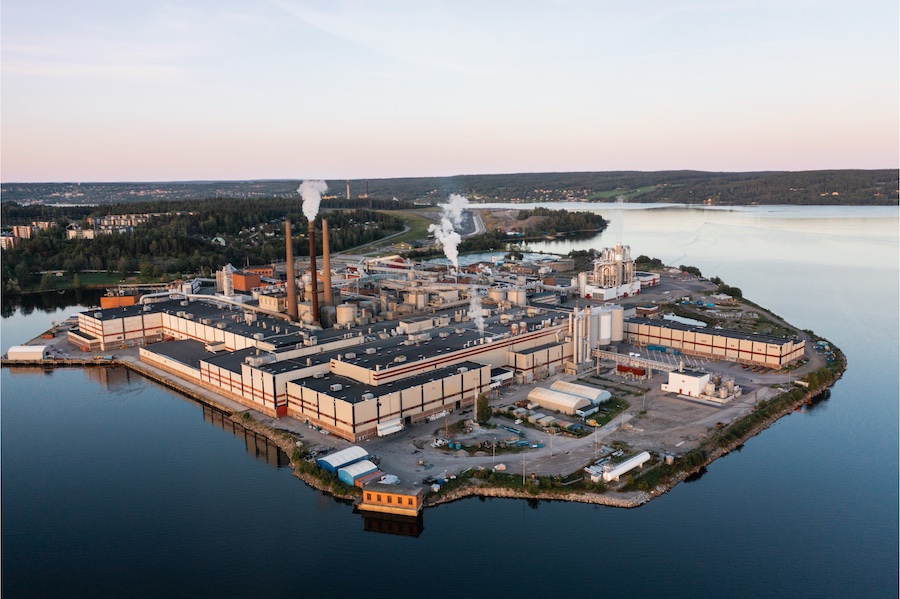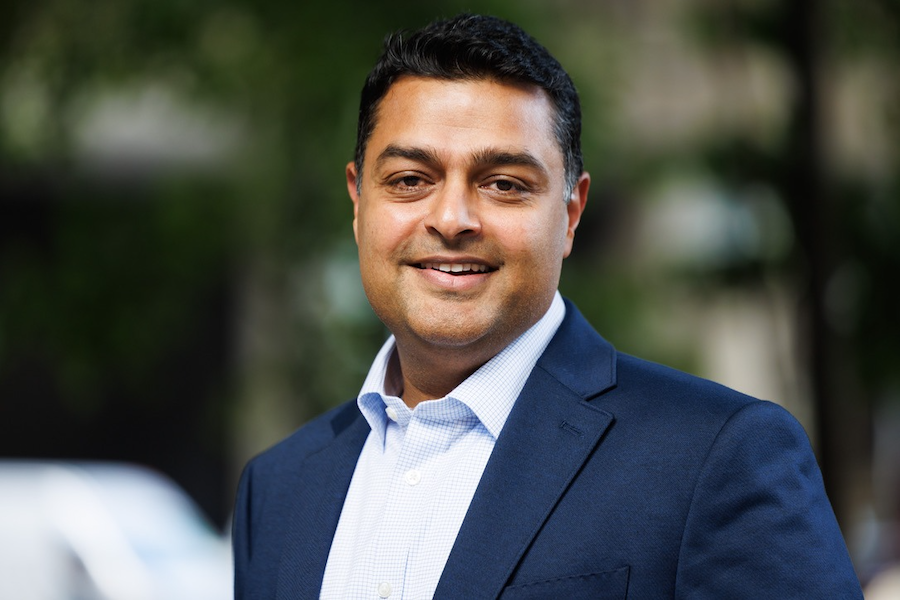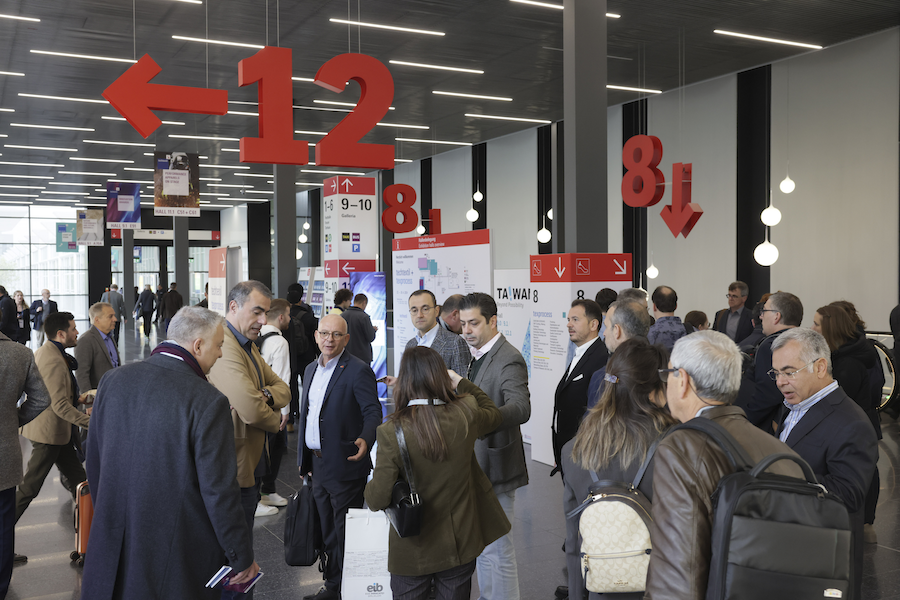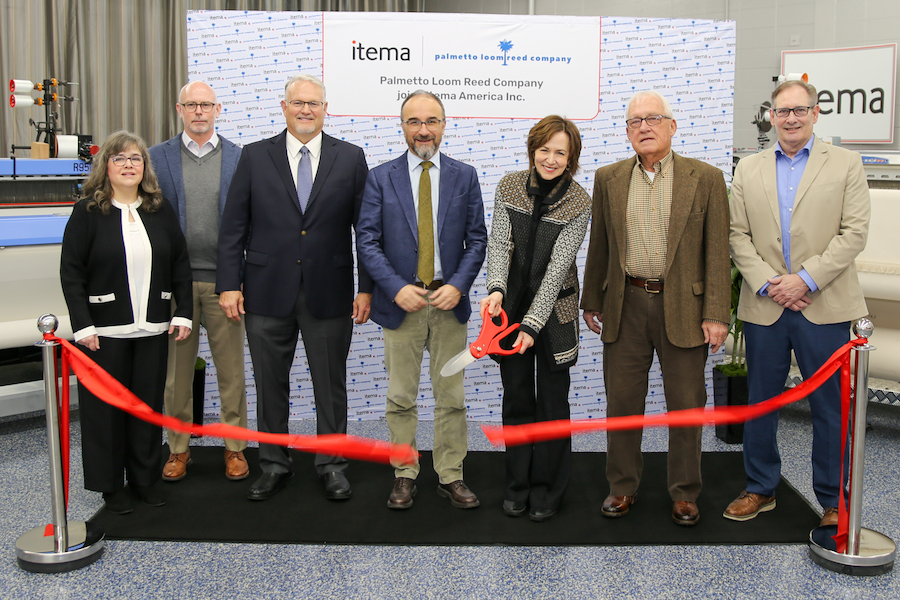#Recycling / Circular Economy
Customized polyester thanks to viscosity build-up in the VacuFil vacuum filter
Sustainable handling of natural resources is a global task, something that needs to be addressed now and not just in the future. This relates in particular to the further development of the circular economy for post-consumer or post-production waste. For this reason, the recyclability of PET products made by the manmade fiber industry is attributed special significance. Modern resource-friendly packaging would not be conceivable without manmade PET fibers and commodities generally made from chemicals, such as beverage bottles, cleaning materials, etc. As a raw material that is – along with polyolefins and polyamide – such a dominant raw material, it is essential that polyester is also recycled.
For PET bottle material, the recycling of polyester materials and the possibilities for converting the waste into new high-end products within the polyester filaments, fibers and nonwovens market are state-of-the-art. Across the globe, consumers in the markets are demanding sustainable products and the careful utilization of resources – increasingly in the textile sector as well. Leading fashion companies, sports apparel and furniture manufacturers and the automobile industry, i.e. for car seats and interior cladding components, are increasingly focusing on sustainable products and products made from recycled materials. Today, they are already telling suppliers of filaments, fibers and nonwovens that they will be switching from exclusively virgin polyester to recycled polyester – in some cases up to 100 percent – for the manufacture of their textile products in the near future. Consumers’ social awareness has been the trigger for this development.
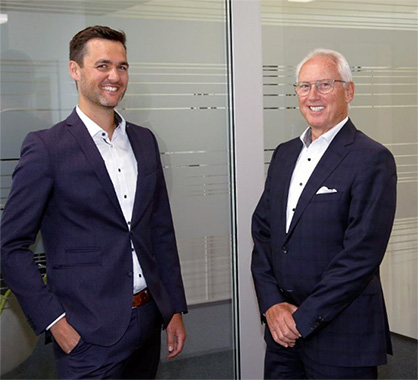
The original idea – namely to manufacture sub-premium goods using recycled polyester raw material, i.e. for use in insulating materials – is short-sighted from today’s perspective. Recycled polyester has long been prevalent within the high-end textile segment. Viewing polyester as a valuable resource rather than as waste is an important and proper development.
Manmade fibers and filaments made from recycled bottle flake material require corresponding single-variety collection or pre-sorting of the bottle material being recycled and comprehensive cleaning before they are shredded into polyester flakes. It is then possible to spin these flakes directly into POY filaments (DTY in the downstream process), staple fibers, nonwovens and BCF endless filaments. Today, the technology is so refined that the products achieve a quality standard that corresponds to virgin material in many applications.
However, there are also many cases in which the material quality and/or property achieved does not comply with the market requirements. For numerous textile applications, parameters such as viscosity and homogeneity are crucial and must be subject to virtually no fluctuations. In other words, to enable recycled polyester to be used here in the first place necessitates its pre- treatment. And this is carried out by the VacuFil recycling process, a BB Engineering GmbH development. The VacuFil enables the manufacture of extremely homogeneous, viscosity-stable rPET melt and hence a precisely definable and reproducible raw material for downstream processes (i.e. spinning plant). As a manufacturer of components and systems for producing manmade fibers, BB Engineering (BBE) is familiar with the dire impact that even the smallest viscosity deviation has on the spinning plant process. With the VacuFil, the company has succeeded, depending on the intended end application, in aligning the melt with the process in a targeted manner. Macro- and microscopic melt homogeneity is achieved by means of homogenization drying, controlled plasticizing, gentle filtration and controlled vacuum degassing.
BBE is headquartered in Remscheid/Germany and is a joint venture between Brückner Group GmbH, the world market leader for machines for the polyester foil industry and headquartered in Siegsdorf/Germany, and Oerlikon Textile GmbH & Co. KG, the world market leader for systems for the manmade fiber industry and headquartered in Remscheid/Germany. BBE is a pioneer in the development of processes for using recycled materials, particularly polyester flakes, and converting them into contemporary, market-appropriate products for filaments, fibers and nonwovens for manmade fiber industry consumers. “Our decades of competence kicked in while we were developing the VacuFil. What Oerlikon Barmag brings to the table as a technological leader in the field of filament yarn spinning systems, BBE complements with considerable know- how in the area of extrusion and filtration and in systems construction and engineering!”, states Dr. Klaus Schäfer, CEO of BBE.
BBE is the exclusive supplier of extrusion filter technology for various manmade fiber industry polymers, particularly polyester, for its parent companies. As a result of its association with the Brückner and Oerlikon Textile groups, BBE is always aware of the requirements of the further-processing industry in terms of granulate and melt made from recycled polyester. It is also, and particularly, for this reason that the further development of post- consumer PET material and post-production PET material is of special interest to BBE’s parent companies and the reason for them bundling their recycling know-how to form the BB Engineering joint venture.
BBE is located at the same site in Remscheid as Oerlikon Barmag. When it comes to the downstream processes with the VarioFil spinning system – the basis for spinning high-end manmade POY and FDY fiber filaments for textile and industrial applications that has been tried-and-tested for decades now – BBE is already an established manufacturer of compact and flexible systems for the manmade fiber industry. VarioFil R spinning systems have been used for converting PET regranulates and – directly – PET flakes into POY/DTY for both textile and carpet applications. And spin-dyed products made from PET recycled granulates are also being produced using VarioFil systems. The development, construction and assembly of VacuFil and VarioFil units are carried out exclusively in Remscheid, very much in line with the company’s tried-and-tested ‘Made in Germany’ machine construction philosophy.
VacuFil premiered at the ITMA 2019 in Barcelona, garnering considerable attention at the trade fair. Since then, numerous tests have been conducted on the pilot system at the Remscheid site using authentic waste material supplied by various customers. The polyester recycled using the VacuFil has been successfully spun into POY and FDY. Various target viscosities and starting materials are not a problem for the VacuFil thanks to the innovative key component, the Visco+ vacuum filter. A reactor is not required. The VacuFil unites gentle large-scale filtration and swift intrinsic viscosity build-up for consistently-outstanding melt quality. The attached vacuum unit, which is automatically regulated between 1 and 30 mbar, removes volatile contamination, ensures a controlled IV increase and additionally achieves an ideal melt homogeneity, which is vital for the downstream spinning performance. Comprising an inline viscosity measuring unit connected to the vacuum system, the IV can be continuously and reliably adjusted. Hence, producers are able to generate the specific kind of recycled polyester they require for their application. The excellent degasification performance additionally relieves energy-intensive pre-drying.
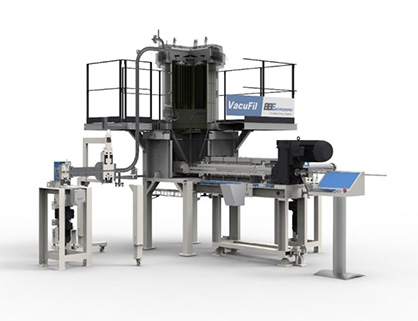
With their modular structure and a performance spectrum of between 300 kg/h and maximum 3,000 kg/h, VacuFil systems open up various possibilities for processing polyester waste. Bottle flakes, agglomerated spinning waste or a mixture of both can be processed into high-quality PET granulate or fed directly into downstream processes (i.e. the spinning plant). The entire recycling process is controlled and monitored by Oerlikon Barmag’s GUIDE system, guaranteeing the accustomed reliability. With an optional 3DD mixer, the market-proven mixing technology manufactured by BBE, producers can not only add additives to the melt, they can also easily change rPET ratios in the main melt from between 5 and 50 percent stream in order to comply with legal standards.
Customer requirements can be optimally catered for with various system configurations. “The close collaboration between the future operators of the system and our experts ensures that projects are successful. Tests carried out using authentic raw material supplied by customers in our small-scale production system guarantee a sophisticated process that complies with the mentioned requirements. With our process visualization system, customers always have a close eye on the broad operating window and the optimum operating point. And if this is occasionally not the case, our software supplies useful process optimization information. This saves costs and increases productivity!”, explains Matthias Schmitz, VacuFil Product Manager.



